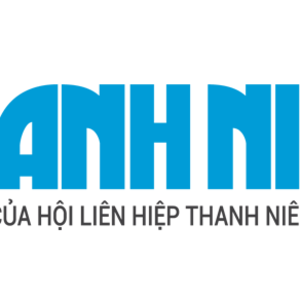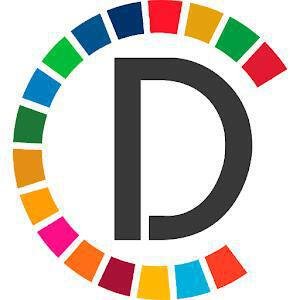An alleged high-ranking leader of Japan’s Yakuza crime syndicate has pleaded guilty in a U.S. federal court to trafficking weapons-grade nuclear material, believing it was destined for Iran’s nuclear program. The case sheds light on a sprawling international smuggling operation involving drugs, weapons and radioactive materials.
Takeshi Ebisawa, 60, entered his plea Wednesday, Jan. 8, in a Manhattan federal court, admitting to charges of nuclear and narcotics trafficking. Prosecutors said Ebisawa attempted to sell weapons-grade plutonium and uranium sourced from Myanmar to an individual he believed was an Iranian general. The “general” was, in fact, an undercover Drug Enforcement Administration (DEA) agent.
Between 2020 and 2022, Ebisawa reportedly provided photographs, Geiger counter readings and supposed laboratory analyses to verify the material’s radioactivity. U.S. officials later confirmed the material was weapons-grade and suitable for constructing nuclear weapons.
One of Ebisawa’s co-conspirators claimed access to over 4,400 pounds of thorium-232 and more than 220 pounds of uranium in the form of U3O8, a compound commonly found in the uranium concentrate powder known as “yellowcake.”
Prosecutors said Ebisawa planned to use the proceeds from the nuclear material sale to purchase military-grade weapons, including surface-to-air missiles, for insurgent groups in Myanmar. But his scheme extended beyond nuclear materials.
He also conspired to traffic approximately 1,100 pounds each of heroin and methamphetamine into the United States. Additionally, he sought to launder $100,000 in drug proceeds between New York and Tokyo.
Ebisawa’s arrest in 2022 followed a DEA-led sting operation, which intercepted materials and dismantled parts of his narcotics and weapons trafficking networks. Thai authorities collaborated with U.S. agents during the operation.
Additional charges were filed in 2024 after investigators uncovered the full scope of Ebisawa’s criminal enterprise. His charges now include nuclear material trafficking, narcotics importation and money laundering.
Ebisawa faces a mandatory minimum sentence of 10 years and up to life in prison if convicted. Sentencing is scheduled for April.
DEA Administrator Anne Milgram praised the investigation, calling it a testament to the agency’s ability to dismantle some of the world’s most dangerous criminal networks.
“This case exposed the shocking extent of international organized crime, dealing in drugs, weapons and even nuclear materials,” Milgram said.
Acting U.S. Attorney Edward Y. Kim of the Southern District of New York described the plan as “brazen,” emphasizing the catastrophic risks posed by Ebisawa’s actions had the nuclear materials been sold or weaponized.
Once a dominant force in international crime, the Yakuza has seen its membership shrink to about one-third of its size two decades ago, according to Japan’s National Police Agency.
Strict anti-organized crime laws in Japan have limited the group’s ability to operate openly and financially, forcing members to adapt.





















































